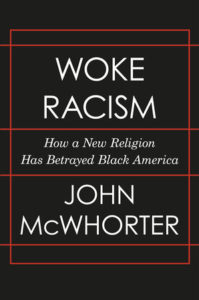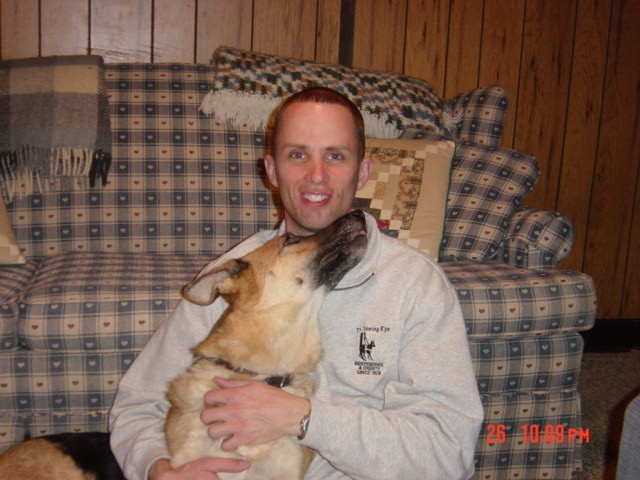Mondays with Mike: Doctrine
November 8, 2021 • 5 Comments • Posted in Mike Knezovich, Mondays with Mike, politicsEditing an alt-weekly newspaper in Champaign-Urbana some 20 years ago taught me a ton. I already knew journalism was difficult work. What I didn’t understand was how critical good local journalism is to any community. And how difficult it is to do local community—focused journalism when you’re a local.
When I took the helm, the paper was widely dismissed as a rag that only published progressive screeds and did irresponsible work (in fact, it had just settled a lawsuit for doing…irresponsible journalism.) It had been blackballed by lots of local advertisers.
It was pretty awful for a long time but we managed to do enough good work, to give the paper a voice, to gain some credibility, and to ultimately break even.
As we did, however, at least some self-described progressives didn’t like it. We’d gone mainstream. And that’s when I learned about something that I came to call “progressive fundamentalism.”
To wit, an Urbana City Council person (full disclosure, he’s become a close friend) was and is a Mennonite. At the risk of oversimplifying, Mennonites believe in non-violence and are pacifists. Well, part of Urbana’s population aspires to be Berkeley, and some of that population was on the council, too. They pushed to have Urbana officially oppose the brewing invasion of Iraq. (Years earlier, Urbana had declared itself a nuclear-free zone.)
My friend opposed the measure on the grounds that it was meaningless, symbolic only, and more important—not what the city council is charged to do.
Well, he was publicly excoriated as essentially a war monger. It drove him near to tears in public, and it eventually drove him off the council.
That was when I learned that some people who identify as progressives can be as mean, narrow-minded, and nasty as any religious fundamentalist.
So I’ve taken note of the writings of John McWhorter, who is arguing against what he calls “a religion of anti-racism” in a book title “Woke Racism, How a New Religion Has Betrayed Black America.”
Bear with me now: He fully understands that racism exists, that we need to address inequities, and we need to take tangible steps to help people who need it. It’s that tangible help that he sees as lacking.
McWhorter is a linguist at Columbia University. He also is Black.
Some excerpts from an NPR interview:
This is a religion where instead of it being about your faith in Jesus, it’s about showing that you know that racism exists above all else, including basic compassion. That’s religious.
And then also, the way we talk about white privilege is eerily consonant with the way one talks about original sin. You have it from the beginning, it’s a stain that you’ll never get rid of. You’re supposed to always think about it. It’s there regardless of the condition of your life, and you’re going to die with it. So white privilege becomes the original sin that you’re supposed to live in a kind of atonement for.
—–
It’s funny, I’m grappling with this idea that the response to me is to say “he doesn’t know systemic racism exists.” I think part of it is that that’s a very clumsy term. Yes, I know that those inequities exist. I think that those inequities must be battled. The issue is, what do you do to battle them? And I say, telling people not to be racist or thinking of those inequities as some abstract version of bigotry doesn’t help people who need help.
—-
…we’ve gotten to the point that we’re so focused on what people say and how they say it that we’re paying more attention to that than to the perhaps less glamorous work of getting out on the ground and trying to change society.
We have to think about, say, 50 years ago when people who felt very modern were doing civil rights activism in a real way. It would have looked very peculiar to them that we’re so concerned with what things are called. There was a little of it, but not nearly as much as there is now. It’s because, to an extent, policing language is easier. Civil rights activism is not glamorous in terms of what really creates change. … I want to help people, and I’m very interested in policies that change Black lives. And I’m seeing a distraction from that.
The full NPR interview is here.
While you’re at it, you might also check out his columns in the New York Times (he’s a regular contributor. Here are two:
I’m With Condoleezza Rice About White Guilt
Cultural Appropriation Can Be Beautiful
To me, there’s nothing terribly edgy about his ideas—they make sense.
But I hope you’ll give them a read and judge for yourself.



